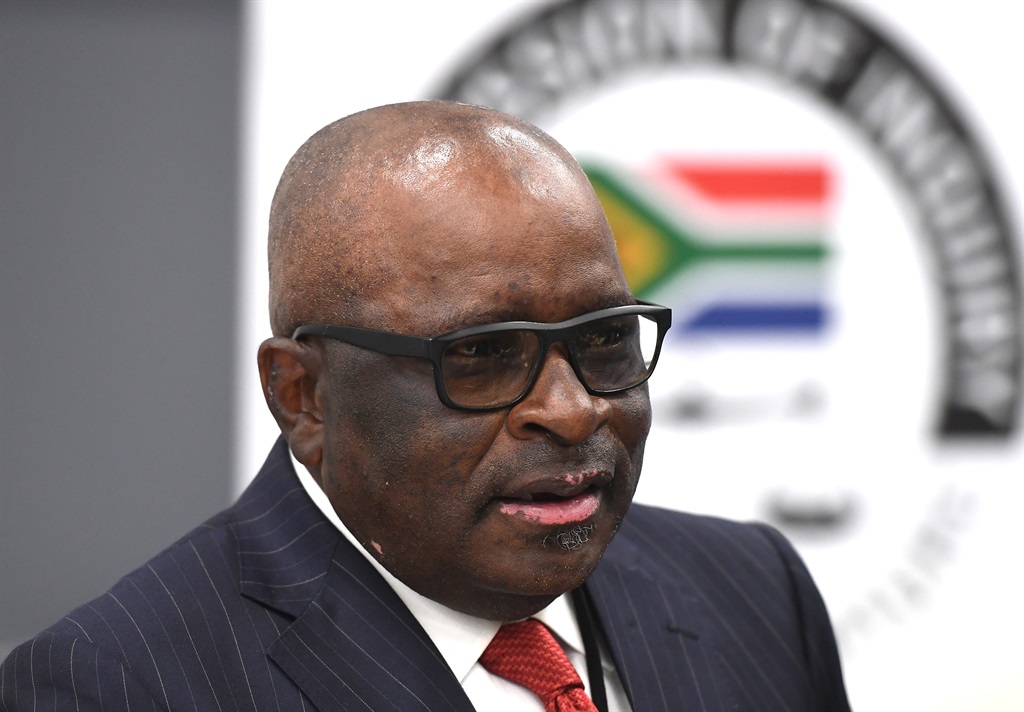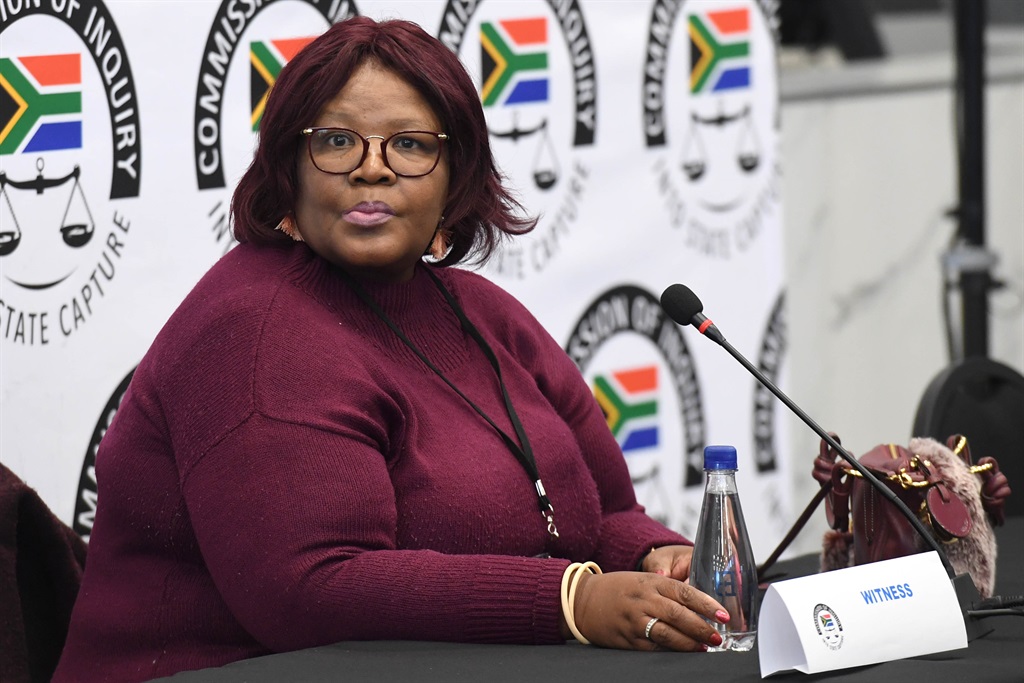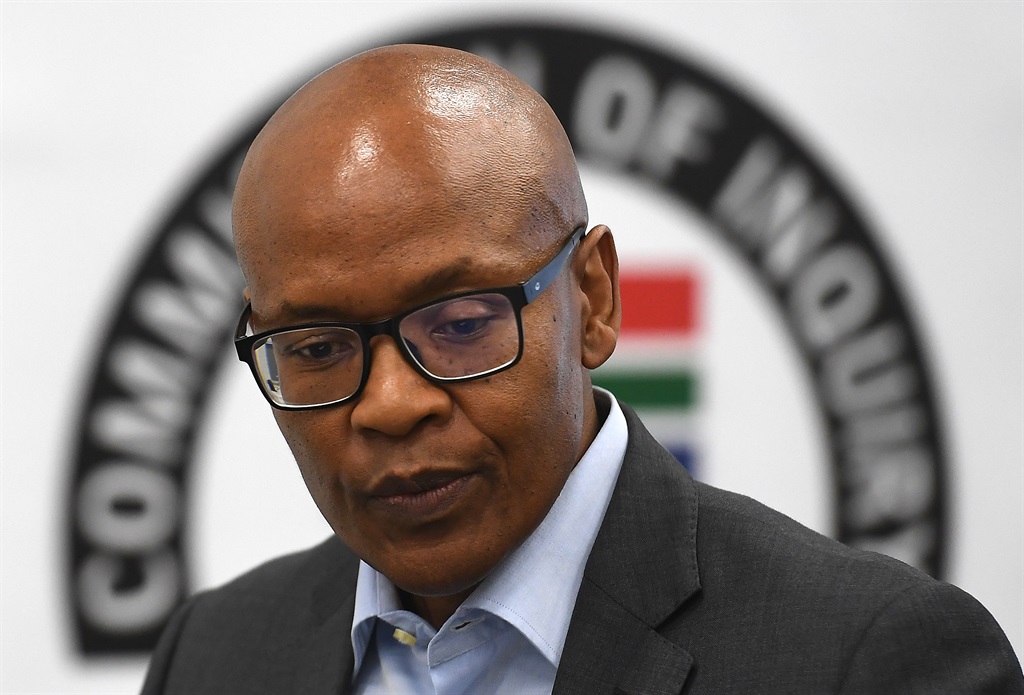The State Capture Commission of Inquiry commenced on March 1 2018 to great expectation from South Africans who saw its establishment as a means to finally getting answers as to how the Gupta family allegedly manoeuvred itself into a position where it could offer cabinet positions, influence the running of government and loot state coffers willy-nilly.
Testimonies from those who have thus far appeared before the commission have painted a worrying image about the ANC’s role or lack thereof in the alleged capture of the state.
The most telling
Perhaps the most damning testimony came from party veteran and former public service and administration minister, Advocate Ngoako Ramatlhodi.
He revealed the ANC’s lack of decisiveness with regards to acting on the potentially corrupt relationship between the Gupta family and former president Jacob Zuma, his family and leading members of the ANC.
In his fiery testimony which left those in attendance in disbelief, Ramatlhodi revealed how ANC members were “well aware” of the “concerning relationship” between Zuma and the Gupta family for a long time before they addressed the matter.
Not holding back, he added that this was as a result of their hands being tied since Zuma had “a strong faction within the ANC who also benefited from his friendship with the Gupta family” and this was why they defended him.
Ramatlhodi said he “couldn’t understand the grip that this family had on Zuma”, and used a hilarious but fitting description of the Guptas’ hold on him.
He likened it to a python that had entangled itself around its victim, which was met with loud gasps and laughter from the audiences at the commission.
Former ANC MP Vytjie Mentor’s testimony was similar to Ramatlhodi’s testimony of a “captured president” but more worryingly implicated many other senior government officials who were also allegedly being influenced by the Guptas.
She testified that apart from Ajay Gupta offering her the position of state enterprises minister – provided she tweaked the routes flown by South African Airways – he also had knowledge of sensitive state secrets and “disrespected” the former president in her presence.
The “disrespect” according to Ramatlhodi did not stop at Zuma. The family “enjoyed demonstrating the influence they had over cabinet ministers” to the point that “they would call cabinet ministers and their entire staff to meetings at their private residence where they would then also invite potential business partners to show off the authority they enjoyed”.
“There were ministers such as David Van Rooyen and Mosebenzi Zwane, who were boastful about their relationship with the Gupta family. They would say to us in Parliament ‘you can call me a Gupta minister I don’t mind’,” revealed Ramatlhodi.
The good
Officials giving testimony before the commission, however, revealed that it was not only doom and gloom as some officials from the ruling party managed to resist the Gupta’s influence and fight off the family’s desire to control various entities.
One such targeted department was Treasury.
Standard Bank chief executive and former National Treasury director general Lungisa Fuzile, Public Enterprises minister Pravin Gordhan, former finance minister Nhlanhla Nene, former deputy finance minister Mcebisi Jonas and other treasury officials painted a picture of a department under siege which, however, prevailed due to the resistance and unity exhibited by its officials.
The “unity” between the Treasury officials was evident during their testimonies before the commission.
Those not testifying would still avail themselves and sit through their colleagues’ testimonies as a sign of support for each other.
They testified that Nene, his deputy Jonas, senior officials including Ismail Momoniat, Kenneth Brown, Andrew Donaldson and Fuzile were being forced out of their positions at Treasury as they would not submit to Zuma and the Gupta family’s desire to wield control over the organisation.
They described how Nene was replaced “by a Gupta minister – Van Rooyen” who was “assigned with two advisers who were also handpicked by the Guptas”.
According to Treasury officials it was only because the rand took a serious knock in the markets that Zuma backtracked on his initial appointment of Van Rooyen and replaced him with Gordhan.
More telling was the evidence given by the ANC’s deployee to the commission, former secretary general and now national chairperson Gwede Mantashe.
Mantashe expressed great support for the commission and advised anyone with any evidence that pointed to state capture to appear before the commission.
But Mantashe also tried to exonerate the ruling party of any wrongdoing and challenged the testimony given by representatives of the banks and former minister Barbara Hogan.
He also gave a wholesale justification of the actions of the ANC, giving the impression that the ruling party was willing to justify its actions at all costs.
Meanwhile, during his testimony Jonas revealed that R6 billion a year was not enough for the Guptas who were allegedly syphoning this amount from South Africa’s fiscus. They apparently desired to increase this looting spree to a possible R8 billion a year.
And Gordhan advised the commission to “follow the money” should it want to arrive at the major players and gainers from state capture.
The ugly
There were some unsavoury moments that coincided with the commissions’ proceedings such as the EFF and its members protesting outside the commission’s Park Town venue during Gordhan’s testimony.
The party belittled the manner in which the commission’s legal team led Gordhan’s testimony, accused him of using his position to secure tenders for his daughter and questioned why the commission was being held in a privately owned building and not in a government owned space.
There were also moments when those giving evidence, such as Mentor, had to retract their statements.
Mentor apologised for part of her testimony which claimed she was introduced to businessman Fana Hlongwane by Zuma’s son, Duduzane, which turned out to be untrue.
Also unwarranted were the tantrums thrown by former Government Communication Information System chief executive Mzwanele Manyi who called for a “less hostile” cross-examination after he was unhappy with evidence leader Vincent Maleka’s line of questioning.
The manner in which witnesses arbitrarily chose not to appear before the commission after having agreed to certain dates was another concerning scenario throughout the commission.




 Publications
Publications
 Partners
Partners











